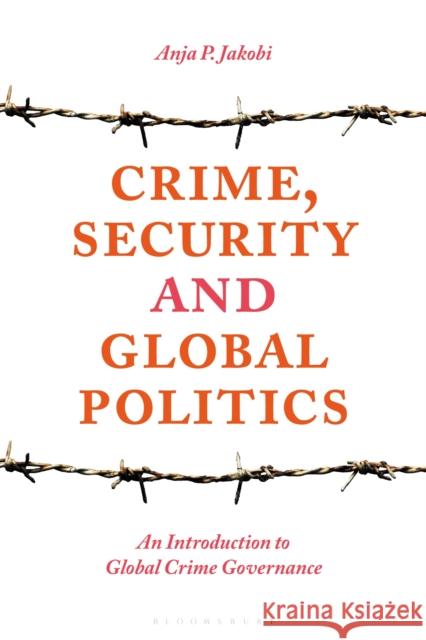Crime, Security and Global Politics: An Introduction to Global Crime Governance » książka
topmenu
Crime, Security and Global Politics: An Introduction to Global Crime Governance
ISBN-13: 9781137467997 / Angielski / Miękka / 2020 / 269 str.
Kategorie BISAC:
Wydawca:
Red Globe Press
Język:
Angielski
ISBN-13:
9781137467997
Rok wydania:
2020
Wydanie:
2020
Ilość stron:
269
Waga:
0.41 kg
Wymiary:
23.11 x 19.56 x 1.27
Oprawa:
Miękka
Wolumenów:
01











